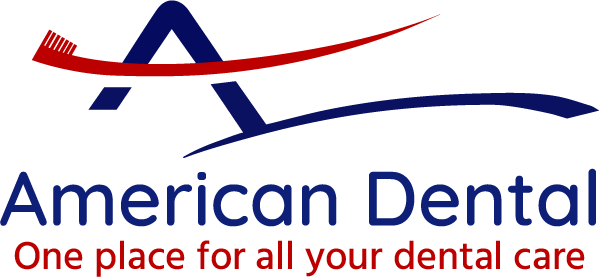Of all the types of tooth misalignment that dentists and orthodontists treat, crossbites are one of the most common. A crossbite occurs when a tooth grows out of alignment with the rest, growing closer to the cheek or the tongue. One of the most frequently diagnosed types of crossbites is called an overbite, where the upper front teeth stick out over the bottom front teeth.
A crossbite can affect one or more teeth and can cause a range of issues if it’s not treated. If you or your child has a crossbite, be aware that treatment is possible at almost any age, so don’t be afraid to speak to your dentist about any issues you are experiencing.
Here is more information about crossbites and how they are treated in kids and adults:
Health Issues Caused by a Crossbite
When your teeth are misaligned, it can cause them to come into contact with one another when chewing, speaking, or even resting. In the case of an overbite, the bottom row of front teeth may wear unevenly. A severe overbite may even create difficulty in speaking or eating. It can also make a person feel self-conscious about their appearance, creating self-esteem issues.
When the bottom teeth stick out over the top teeth, it is known as an anterior crossbite, or an underbite. This condition can create similar issues to an overbite. In some cases, the molars can also be misaligned, causing issues with chewing. Someone with misaligned molars may also grind their teeth when sleeping, which can wear away at them or even fracture them. If left untreated, the molars will eventually need to be removed or replaced.
Symptoms of a Crossbite
Besides the obvious visual indicators of a crossbite, you may experience other symptoms, including:
- Pain in the mouth or jaw
- Frequent headaches
- Difficulty biting or chewing
- Grinding of the teeth (also known as bruxism)
- Uneven wear on the teeth
- Speech impediments
- Gum disease and tooth decay
- Facial irregularities such as an asymmetrical jaw
Treating a Crossbite
In most cases, a crossbite can be treated using traditional metal braces or Invisalign aligners in as little as 1-2 years. For more severe cases, a palate expander or other orthodontic appliances may be necessary. If only a single tooth is affected, you may opt to remove or reshape it for a more even bite. For the most severe cases of crossbite, jaw surgery may be needed to correct the alignment of your bite.
Orthodontic Treatment in Chicago
If you are looking for the best orthodontist in Chicago, American Dental provides a range of orthodontic treatments. We can fit you with traditional braces or create custom Invisalign aligners to treat your condition, or if it is more severe, our team can help you develop a treatment plan that may include tooth removal, reshaping, or jaw surgery. Give us a call at (773) 692-5658 or visit our contact page to find out which of our 8 Chicago area locations is most convenient for you and schedule an appointment online today!

